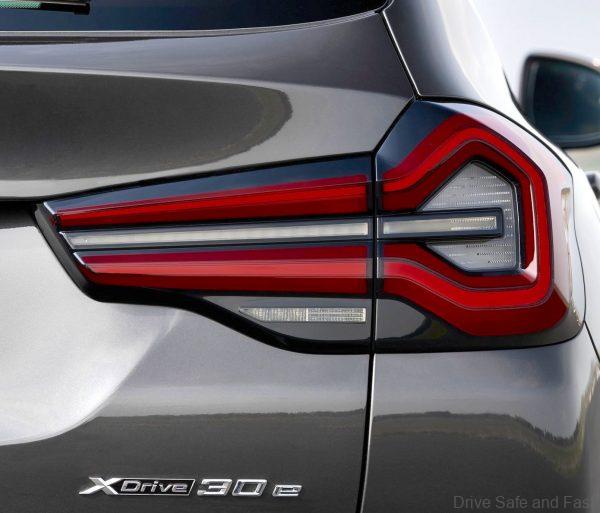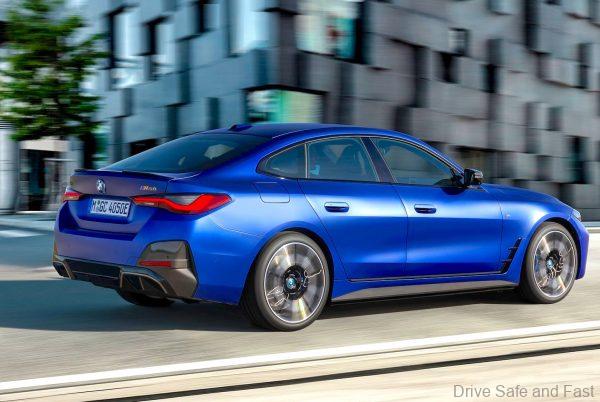BMW CEO warns against electric-only strategy.
When the European Union (EU) decision makers sneeze, the rest of the world is ‘forced’ to rush to get them a tissue. But the EU only decides on policies that benefit themselves at the expense of the rest of the world.
They are worried about climate change around their nations ONLY.
They are worried about emissions, in their part of the world ONLY.
They like to point the finger at China for emission violations, but want China to buy all their shiny new cars. Plus, they need China to produce most of their brand new car parts at low low prices to allow them to sell these cars at a super high margin in Asia and back to Chinese car buyers.

So, when the EU call came for a huge shift towards electric vehicle sales in member countries, all the European car manufacturers made a big shift towards designing brand new models with battery power or battery assisted power.
Not enough research was done for humidity and heat in Asia for the battery systems working with a petrol engine and this is why we have a high mortality rate for European made Plug-In Hybrid vehicles whilst the Japanese and Korean car manufacturers took their time to research this issue.

In a recent interview with the BMW CEO Oliver Zipse, Reuters published this “When you look at the technology coming out, the electric vehicle (EV) push, we must be careful because at the same time, you increase dependency on very few countries,” Zipse said at a roundtable in New York, highlighting that the supply of raw materials for batteries was controlled mostly by China.
“If someone cannot buy an EV for some reason but needs a car, would you rather propose he continues to drive his old car forever? If you are not selling combustion engines (petrol and diesel powered) anymore, someone else will,” said Zipse.

Offering more fuel-efficient combustion engine cars was key both from a profit perspective and an environmental perspective, Zipse argued, pointing to gaps in charging infrastructure and the high price of electric vehicles.
Oliver Zipse was also quoted as saying the company does not have plans to stop developing petrol and diesel engines, and added that demand for internal combustion engine powered cars “will remain robust for many years to come”.
Klaus Frölich, BMW Group board member for development, told Automotive News Europe that it will continue investing in new combustion engines for the foreseeable future with the phase-out of diesel engines happening over the next 20 years (circa 2040) and gasoline engines over 30 years (2050).
Frölich said EV penetration may be delayed, because of inadequate recharging infrastructure, in three areas: Russia most everywhere, the oil-rich Middle East, and western/internal China.
Let us know forget about the electrical infrastructure in South America and Africa which is just not prepared enough yet to accommodate mass EV traffic, with company-specific charging terminals still in burgeoning infancy even in North America.
Plus, legacy vehicle ownership still prefers internal combustion vehicles by an overwhelming majority.
What companies need to do is advance with a three-pronged approach of continuing development in their petrol powered vehicles as they would if EVs were not even a thing, to maintain brand continuity, continuing development and innovation of their burgeoning EV fleets, paying close attention to market trends to maximize sales and competitiveness and finally, work on expanding charging infrastructure within their market to facilitate the feasibility of their EVs.



